
Top 5 Reasons Why You Fail The AWS Certification Exam and How to Overcome Them
Oct 22, 2024 3 Min Read 9036 Views
(Last Updated)
Embarking on the journey to become AWS certified is a significant step for any IT professional, aspiring to elevate their career to the next level.
With the AWS certification exam often being a challenging hurdle, understanding the importance of this certification and the common pitfalls can make all the difference in achieving success.
Given the rising AWS certification cost in India and globally, along with the pondering question, “Is AWS certification worth it?”, the stakes are undoubtedly high.
However, the undeniable AWS certification benefits, including enhanced knowledge, increased job opportunities, and potential salary uplift, make it a worthwhile investment for your professional growth.
This article aims to shed light on the most prevalent reasons for AWS certification exam failure and provides a comprehensive guide on how to navigate through these challenges effectively.
Table of contents
- Most Common Reasons for AWS Certification Exam Failure
- 1) Insufficient Preparation
- 2) Understanding vs. Memorization
- 3) Poor Time Management
- 4) Outdated or Poor-Quality Study Materials
- 5) Neglecting Exam Blueprints
- Effective Strategies to Succeed in AWS Certification Exams
- Time Management Tips for AWS Certification Exams
- Managing Exam Time Efficiently
- Creating a Balanced Study Schedule
- Using Practice Exams to Improve Timing
- Takeaways...
- FAQs
- What happens if I don't pass the AWS certification exam?
- What is the typical failure rate for the AWS certification exam?
- How many candidates typically fail the AWS certification?
- What occurs if an AWS service fails?
Most Common Reasons for AWS Certification Exam Failure
Failing the AWS Certification Exam can be a significant setback, but understanding the common reasons for failure can help you prepare more effectively.
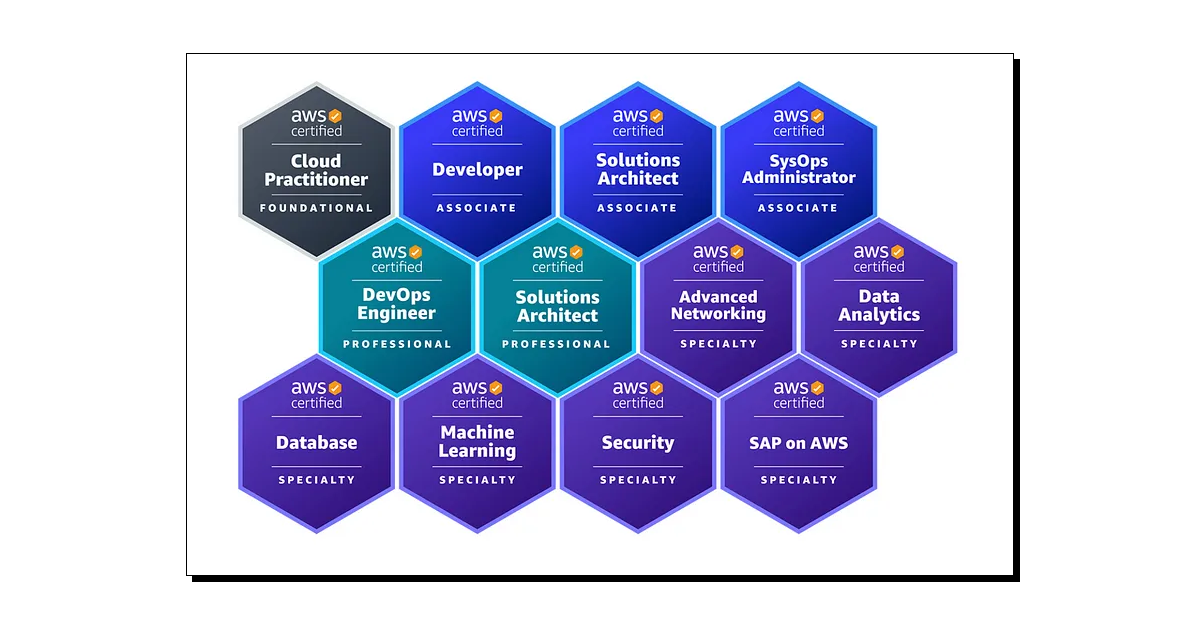
Here are the key areas where many candidates struggle:
1) Insufficient Preparation
- Many candidates underestimate the breadth of topics covered in AWS exams.
- A substantial portion of the exam tests your fundamental understanding of AWS services, requiring a comprehensive preparation strategy that includes both theoretical knowledge and practical application.
2) Understanding vs. Memorization
- AWS exams are designed to assess your ability to apply knowledge, not just recall information.
- Memorizing answers without understanding the underlying concepts will not suffice, as exams often feature scenario-based questions that test your practical understanding.
3) Poor Time Management
- The duration of AWS exams can range from 90 to 180 minutes, covering complex and detailed content.
- Poor time management during the exam can prevent you from answering all questions, potentially leading to failure.
4) Outdated or Poor-Quality Study Materials
- Relying on outdated or low-quality study materials can hinder your exam preparation.
- It’s crucial to use up-to-date, high-quality resources that reflect the current AWS standards and exam formats.
5) Neglecting Exam Blueprints
- AWS provides detailed exam guides and blueprints that outline the essential topics covered.
- Neglecting these resources can lead to inadequate preparation for critical parts of the exam, adversely affecting your performance.
By addressing these common pitfalls and enhancing your study strategy, you can increase your chances of passing the AWS Certification Exam.
Also, Know About The Role of Continuous Learning in Tech Hiring
Before we move to the next part, you should have a deeper knowledge of DevOps concepts. You can consider enrolling yourself in GUVI’s DevOps Course, which lets you gain practical experience by developing real-world projects and covers technologies including Agile, Scrum, Linux, Git, Bash Scripting, Dockers, Containers, AWS infrastructure, etc.
Additionally, if you want to explore AWS infrastructure through a Self-paced course, try GUVI’s AWS Infrastructure for Beginners certification course.
Effective Strategies to Succeed in AWS Certification Exams
To excel in AWS Certification Exams, it’s crucial to adopt a strategic approach encompassing a variety of effective methods:
- Choosing the Right AWS Certification: Start by selecting a certification that aligns with your career goals and expertise level. Whether you’re a novice aiming for the AWS Certified Cloud Practitioner or a seasoned professional targeting the AWS Certified Solutions Architect – Professional, the right certification sets the foundation for your learning path.
- Identifying and Addressing Weaknesses: Regularly assess your understanding of AWS concepts. Use practice exams to identify areas of weakness and focus your studies on these topics to ensure a well-rounded mastery of the material.
- Using High-Quality Study Materials: Leverage the latest AWS learning resources, including the AWS Skill Builder and official AWS documentation. These materials provide up-to-date information and comprehensive coverage of the exam content.
- Ensuring Hands-On Practice: Practical experience is invaluable. Engage in hands-on labs and real-world scenarios to deepen your understanding of AWS services. This approach not only solidifies theoretical knowledge but also prepares you to effectively tackle exam simulations.
By integrating these strategies, you’ll enhance your preparation and increase your chances of success in AWS Certification Exams.
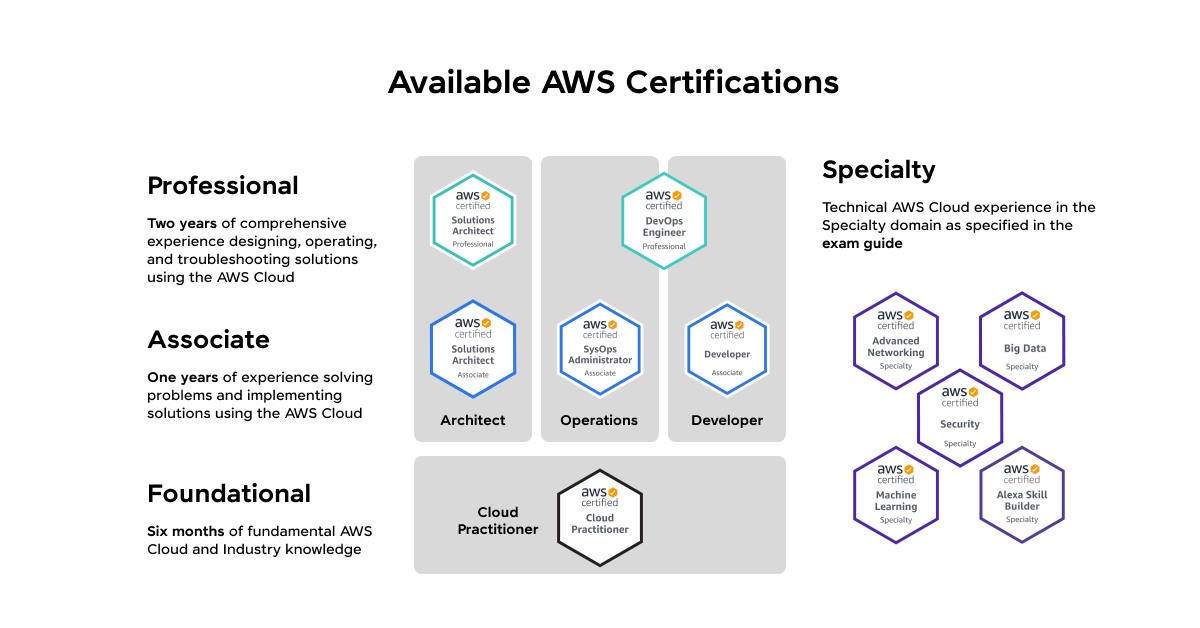
Also Read: AWS vs Azure vs Google Cloud: Comparing the Top Cloud Service Providers
Time Management Tips for AWS Certification Exams
Managing Exam Time Efficiently
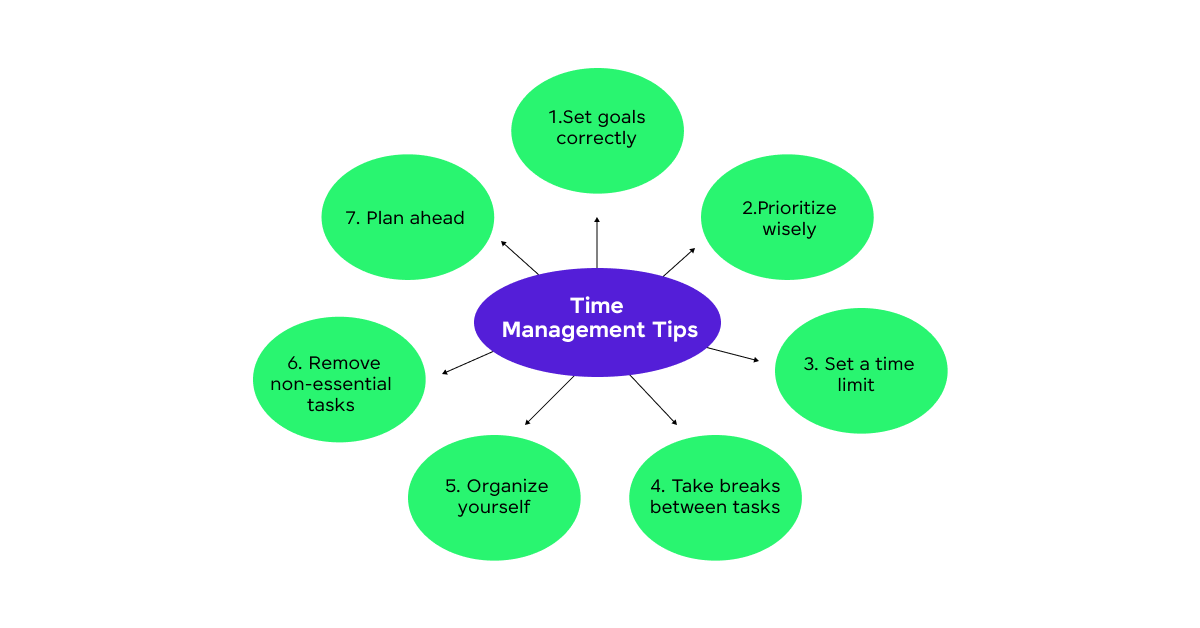
To manage your exam time efficiently, consider the following:
- Request Extra Time: If English is not your first language, request the “ESL +30” accommodation to add 30 minutes to your exam time.
- Flag Complex Questions: Utilize the flag feature for difficult questions and return to them if time permits, ensuring you don’t waste time on lengthy problems.
Creating a Balanced Study Schedule
- Develop a study schedule that allocates specific times for each topic, ensuring a comprehensive review.
- For instance, dedicate morning hours for theory and evenings for hands-on practice.
- Regular assessments will help adjust your study time effectively.
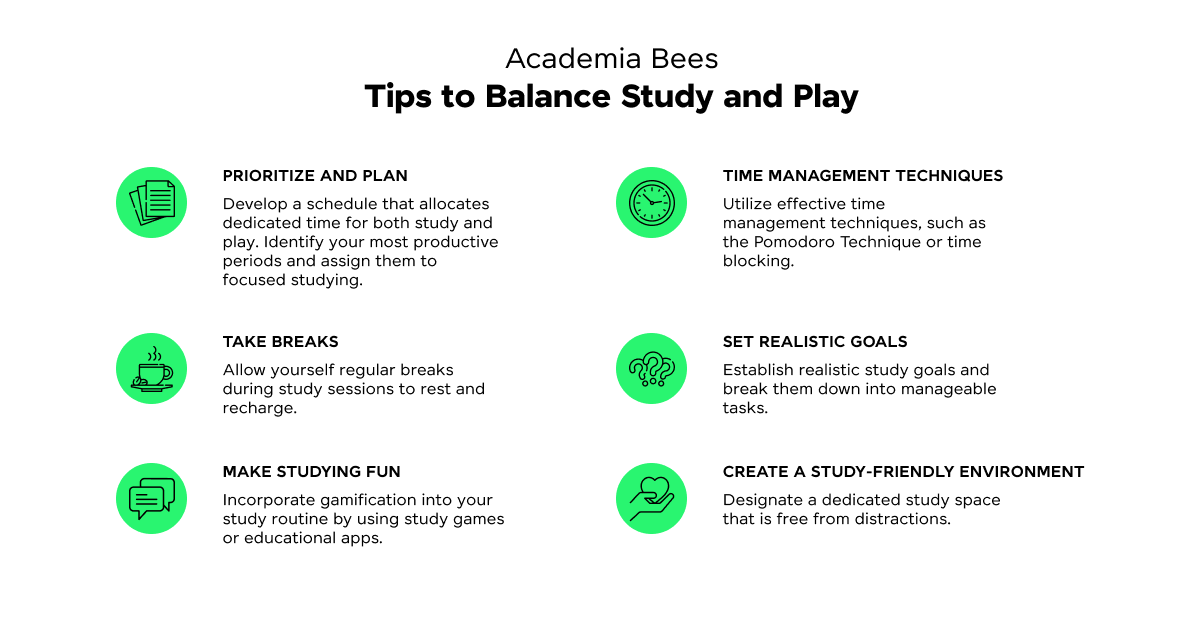
Using Practice Exams to Improve Timing
- Leverage practice exams to simulate the actual test environment.
- This will help you understand the pacing required for each section and improve your time management skills.
- Practice exams also highlight areas needing more focus, allowing for targeted study sessions.
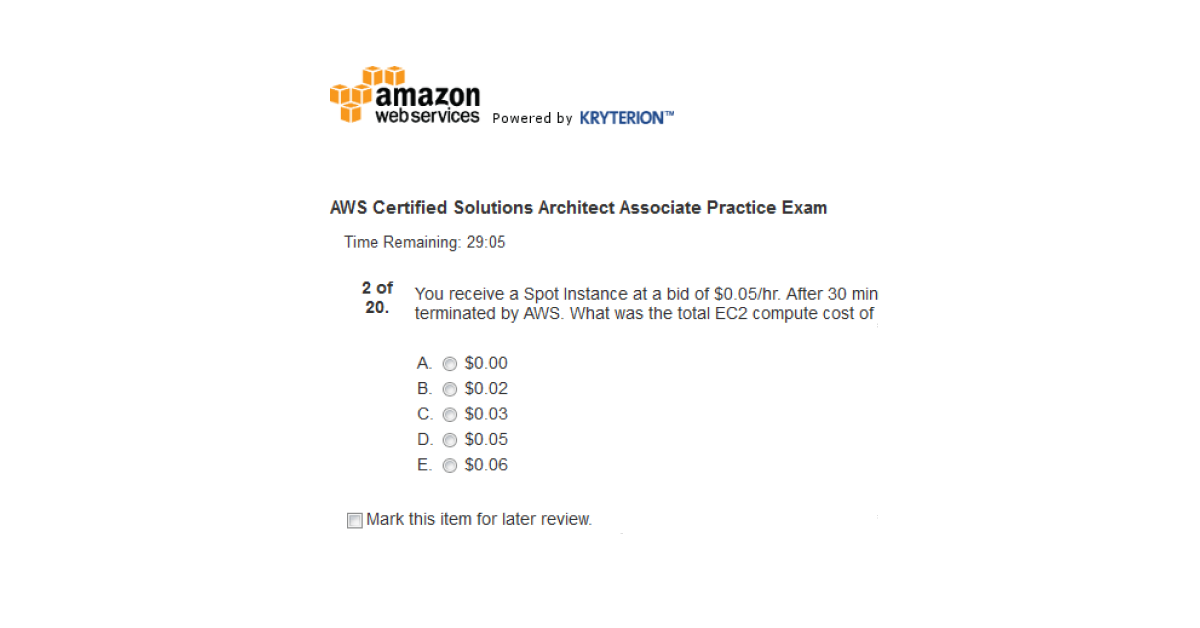
Also, Find Out Does AWS Require Coding?
Kickstart your career by enrolling in GUVI’s DevOps Course where you will master technologies including Linux, Git, AWS, etc, and build interesting real-life DevOps projects.
Alternatively, if you want to explore AWS infrastructure through a Self-paced course, try GUVI’s AWS Infrastructure for Beginners certification course.
Takeaways…
Throughout this article, we’ve explored various dimensions of preparing for and succeeding in AWS certification exams, emphasizing the pitfalls that often lead to failure and strategies to navigate through these challenges effectively.
We’ve also highlighted the significance of personalizing your study approach by selecting the right certification, addressing weaknesses through regular assessment, and ensuring hands-on practice to solidify your understanding and application of AWS services.
Given the technical nature of AWS certifications and the broad spectrum of knowledge required to excel, integrating these insights and strategies is crucial for anyone looking to advance their career in cloud computing.
Success in these certifications not only demands a well-structured approach to study and preparation but also a comprehensive understanding of the vast AWS ecosystem.
Also Explore: Code to Cloud Using Terraform and AWS: The Epic Guide to Automated Deployment [2024]
FAQs
What happens if I don’t pass the AWS certification exam?
If you do not pass the AWS certification exam, you must wait 14 days before you are eligible to retake it. You can attempt the exam as many times as necessary, but you will need to pay the full registration fee for each attempt. After passing an exam, you cannot retake the same exam for two years.
What is the typical failure rate for the AWS certification exam?
The failure rate for the AWS Certified Solutions Architect – Associate (SAA-C03) exam is approximately 72%, with only about 28% of candidates passing on their first attempt. Despite this high failure rate, obtaining an AWS certification can significantly advance your knowledge and career opportunities.
How many candidates typically fail the AWS certification?
Based on recent statistics, the pass rate for the AWS Certified Solutions Architect – Associate exam is about 70%. This implies that approximately 30% of the candidates fail the exam, meaning 3 out of every 10 people do not pass.
What occurs if an AWS service fails?
According to AWS documentation, if an irreparable failure of the underlying hardware hosting an AWS instance is detected, the instance is scheduled for retirement. This process helps maintain the integrity and performance of services provided by AWS.























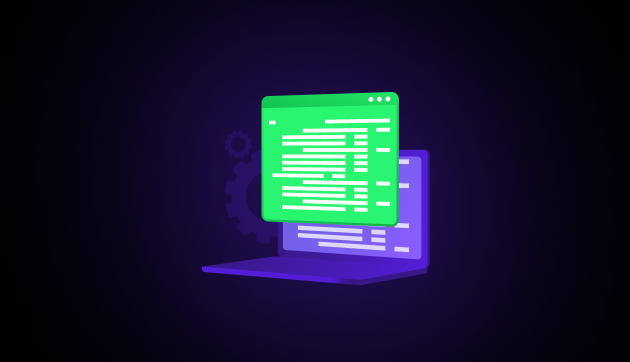


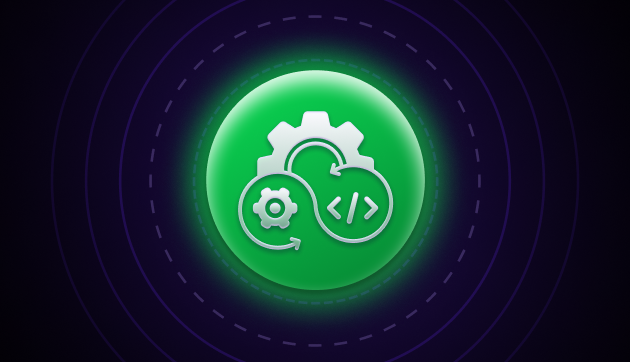




Did you enjoy this article?